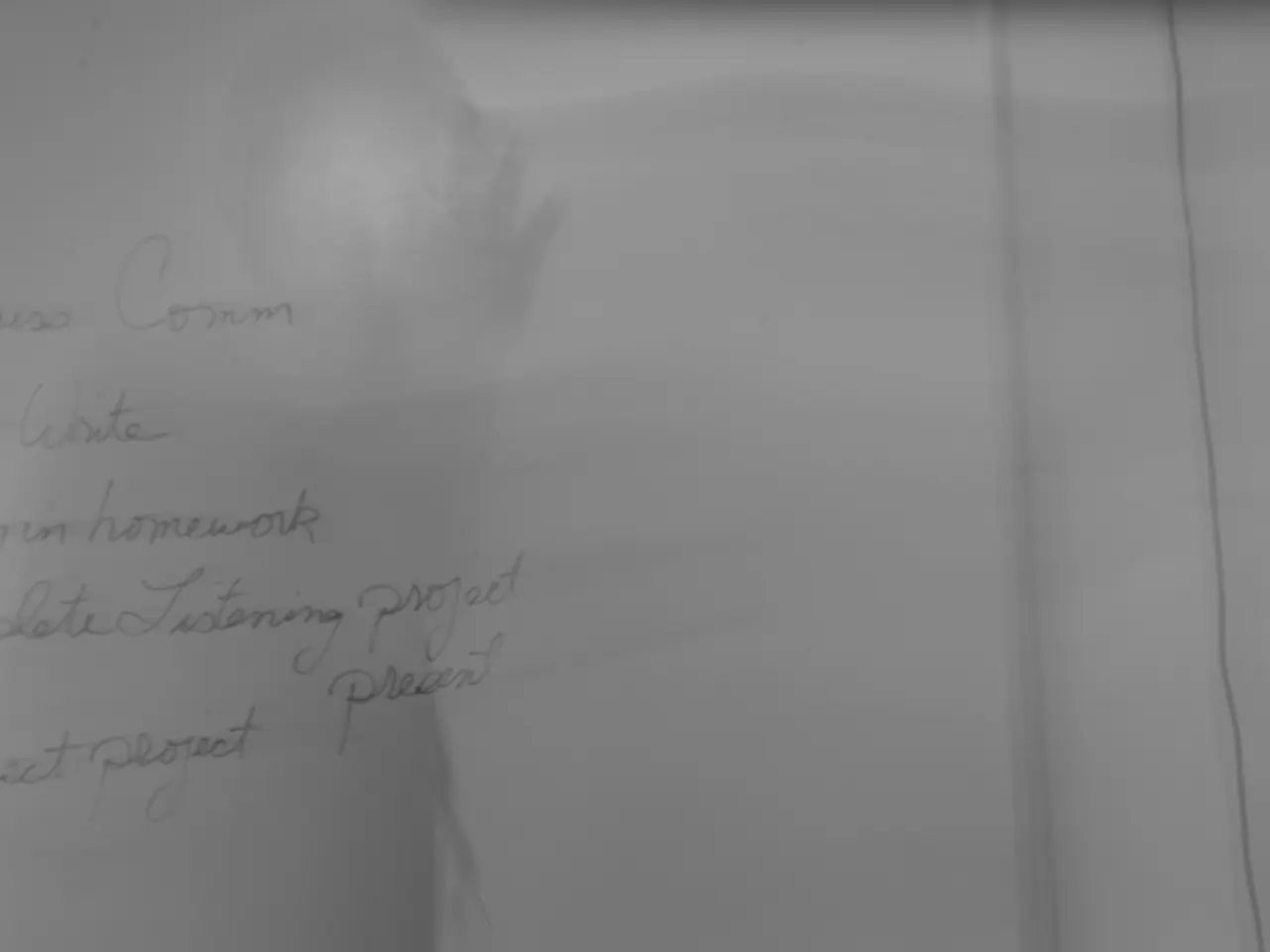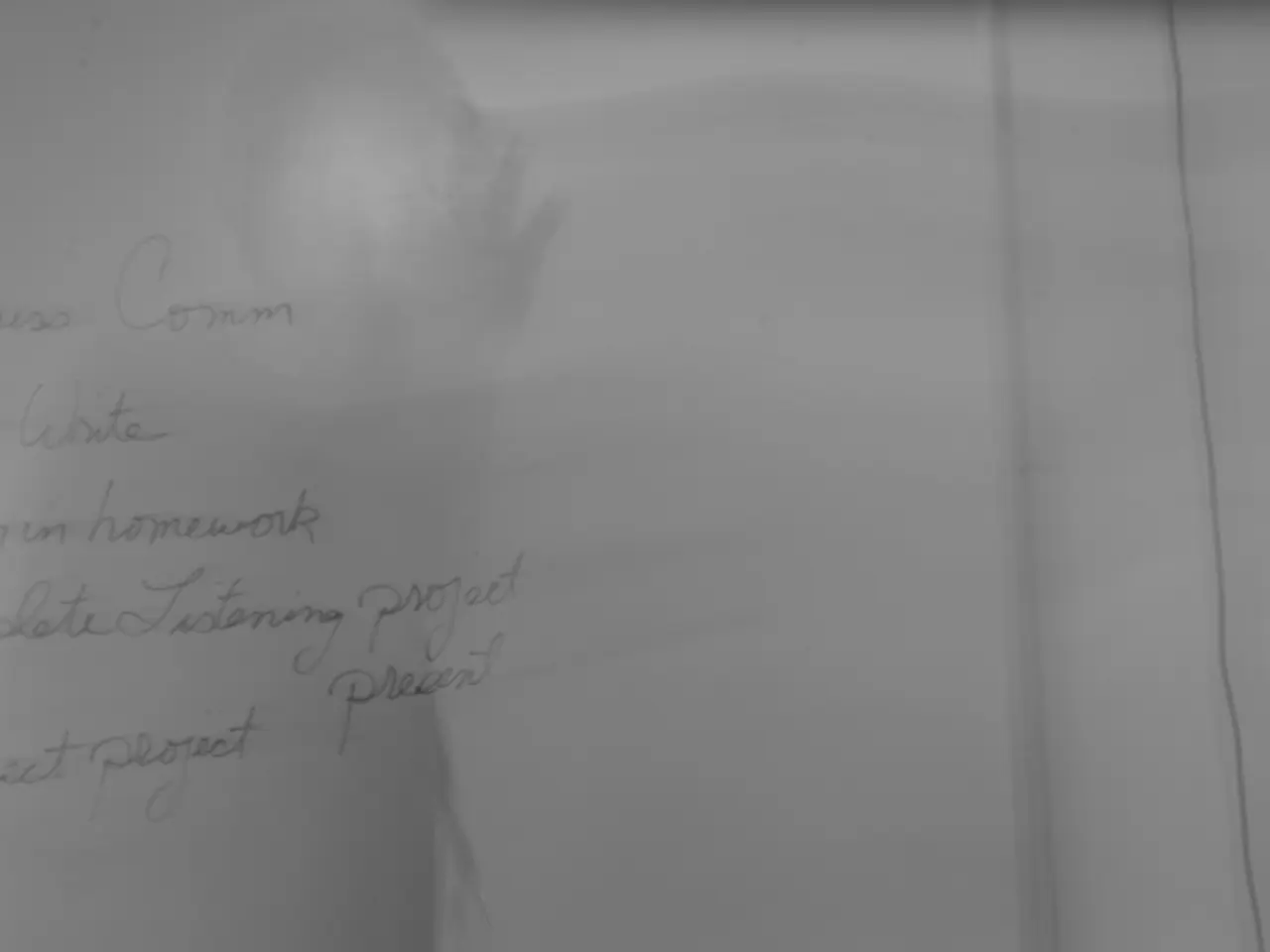Human Resilience and the Impact of Anchoring Bias on Our Very Existence
In today's complex world, making informed decisions is crucial for our well-being and survival. However, a common cognitive bias known as anchoring bias can significantly impact our judgments, leading to suboptimal outcomes in various aspects of life.
Anchoring bias occurs when individuals heavily rely on the first piece of information they encounter while making decisions, often leading to insufficient adjustments when new, relevant data appears. This bias can distort pricing perceptions, affect legal judgments, influence consumer choices, and impact health decisions.
In economic decisions, anchoring bias can cause consumers to overpay for products or services, as the initial price they see serves as an anchor for their willingness to pay. Similarly, investors may base their predictions on initial stock prices or economic indicators, which can skew their assessments and lead to irrational investment behaviors.
Legally, anchoring bias can skew judgments about damages or sentencing, affecting fairness and outcomes. For instance, in a courtroom, an initial high award or sentence can serve as an anchor, making subsequent discussions about more reasonable outcomes seem less reasonable, even if they are still fair.
In consumer choices, marketers exploit anchoring bias by presenting high-priced items first to create a perception of value when offering discounts. This practice can influence consumer choices and spending habits. Health decisions can also suffer if individuals anchor their understanding of risk based on initial information provided by healthcare providers, causing delays in adapting to new medical information or ignoring better options.
To mitigate the negative effects of anchoring bias, individuals and organizations can increase awareness of this bias, seek multiple independent sources of information, deliberately adjust estimates or judgments more significantly away from initial anchors, employ transparent, realistic, and value-based anchors, test and monitor pricing and decision environments, and use structured decision frameworks to incorporate new evidence systematically.
Educating individuals about cognitive biases like anchoring bias empowers them to identify and counteract its influences. By combining these strategies, we can improve decision quality and thereby enhance survival and well-being across economic, legal, consumer, and health domains.
While anchoring bias may have conferred advantages in situations requiring rapid decision-making for early humans, in today's world, it often leads to flawed decisions that can have far-reaching consequences. By understanding and overcoming anchoring bias, we can make more informed, balanced decisions that promote our well-being and survival.
- Understanding the importance of education-and-self-development in countering anchoring bias is crucial, as it empowers individuals to make informed decisions, reducing suboptimal outcomes in healthcare, economic, legal, and consumer decisions that affect their survival and well-being.
- The impact of anchoring bias on our everyday life is significant, influencing our survival not just by distorting pricing perceptions, affecting legal judgments, and impacting health decisions, but also by limiting our potential for growth and self-development.



